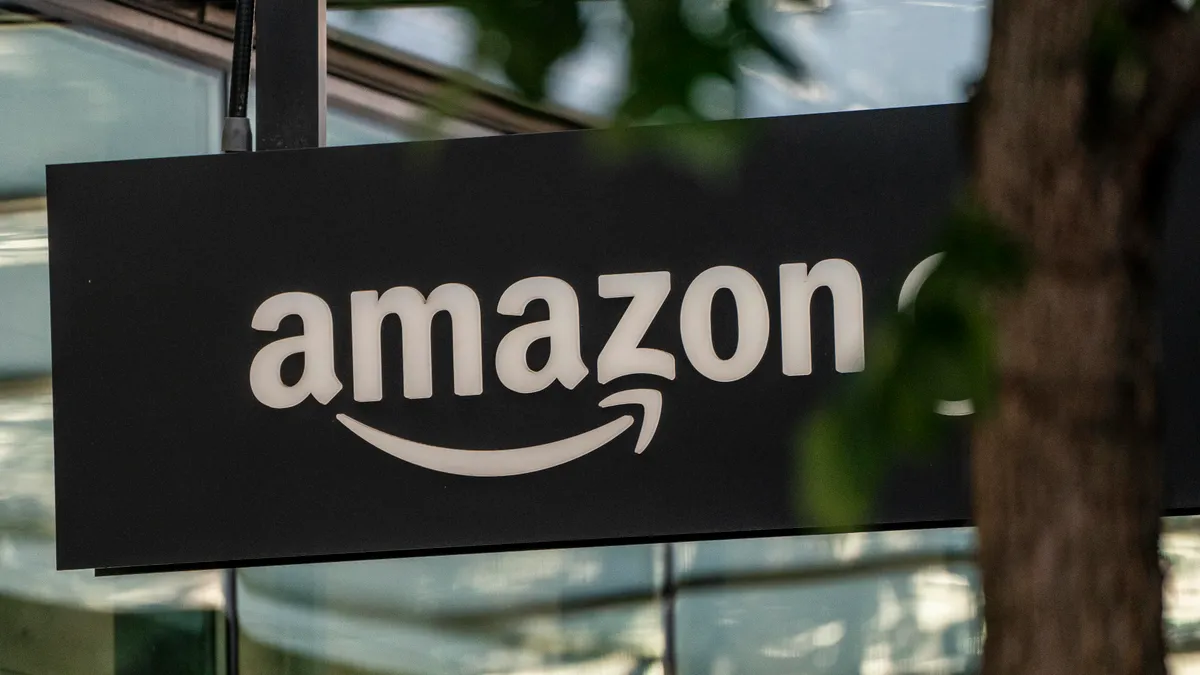Dive Brief:
- Amazon reported that 40.6% of its suppliers and potential partners audited last year had wage and benefits issues as the company works to strengthen relationships with suppliers and their workers.
- Although wage issues among audited suppliers are down from 47% in 2020, they remain comparable to 2019 rates, according to Amazon’s supplier assessment. Issues Amazon looks for include timely pay, overtime compensation and benefits that “satisfy applicable laws,” according to the company’s supply chain standards.
- The e-commerce giant routinely evaluates its suppliers to identify concerning practices, and works to address them through remediation efforts. Currently, Amazon’s sustainability webpage says it has “dedicated teams engaging directly with suppliers on safety-, wage-, and working hours-related findings” to develop long-term corrective action plans.
Dive Insight:
Amazon is making some strides in its efforts to protect worker rights at its vendors after the e-commerce giant ramped up its transparency requirements for supplier operations.
“We conduct regular assessments of suppliers of Amazon-branded products,” Amazon said on its sustainability webpage. “Where we see trends in issues beyond individual suppliers… we work to define regional or global strategies to address underlying systemic challenges.”
Last year, the company added a tool to the assessment which required suppliers to “provide records and documentation in real time” to increase accuracy and, thereby, transparency. However, the lack of lead time caused transparency issues to rise in 2021, and suppliers now have advance notice of the expectation, Amazon said.
The online retailer took its first major step towards transparency in 2019 when it published a list detailing the names and addresses of its nearly 1,500 private label suppliers on its website. The Human Rights Watch first asked Amazon to disclose layers of its supply chain in 2018.
Amazon’s initial disclosure and ongoing transparency efforts with suppliers reflect a growing trend of companies attempting to achieve end-to-end visibility. A 2020 report prepared by Harvard Business Review Analytic Services for Basware found nearly 60% of business leaders say a lack of transparency between their finance and supplier practices presents a risk to their business.
Expanded transparency efforts have helped Amazon prioritize resources when problems arise among suppliers. The company broadened its remediation efforts to help suppliers build tools to respond to worker grievances in Cambodia, China, India, Pakistan, Bangladesh, and Vietnam.
“Amazon focuses on setting a high bar for new suppliers and refusing to go to production until suppliers remediate High-level findings,” the company said in its sustainability report. “We have dedicated teams based in key sourcing countries around the world that work directly with our suppliers to identify solutions to challenging problems and promote an open dialogue.”














